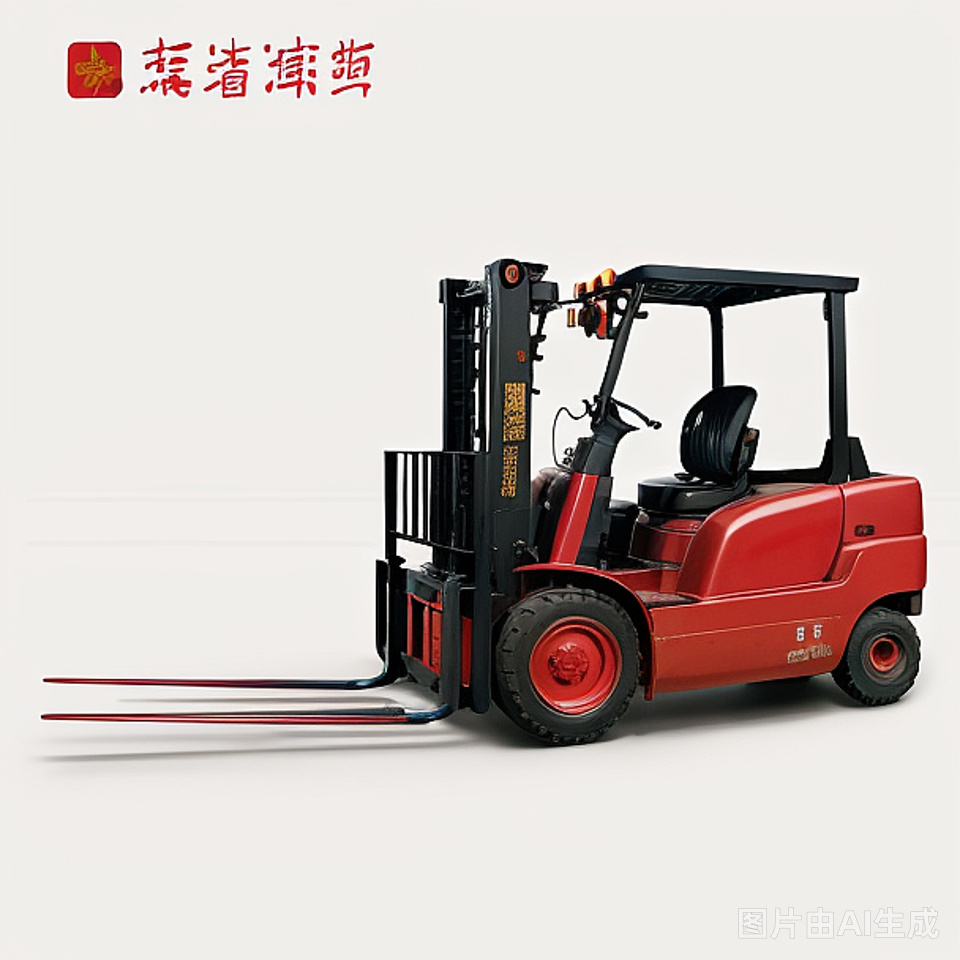Maximizing Efficiency with Electric 3-Ton Forklifts in Warehouse Operations
Mar 19,2025

In the fast-paced world of logistics and warehousing, electric forklifts have become a popular choice for many businesses. The electric 3-ton forklift, in particular, stands out due to its blend of efficiency, sustainability, and power. Understanding the advantages and applications of these machines is crucial for professionals in the transportation and warehousing sectors.
Electric forklifts, especially those with a 3-ton capacity, offer a range of benefits that align well with contemporary environmental standards and operational needs. First and foremost, these machines are known for their lower operational costs compared to their internal combustion counterparts. They require less maintenance, as they have fewer moving parts and do not need oil changes. This can result in significant savings over time, allowing companies to allocate resources more effectively.
Another advantage is their environmental impact. Electric forklifts produce zero emissions at the point of use, making them suitable for indoor operations where air quality is a concern. As industries increasingly focus on sustainability, the electric 3-ton forklift fits seamlessly into green initiatives, helping businesses reduce their carbon footprint.
In terms of performance, electric 3-ton forklifts are designed for heavy-duty tasks while maintaining agility and maneuverability. They can easily handle loads of up to three tons, making them ideal for various applications in warehouses and distribution centers. The electric motors provide instant torque, allowing for smoother acceleration and deceleration, which is vital in busy environments where speed and safety are priorities.
One of the key features of electric forklifts is their quiet operation. This characteristic not only enhances the working environment by reducing noise pollution but also improves communication among workers. In addition, the electric models often come with advanced technology, including regenerative braking systems that enhance energy efficiency and extend battery life.
Battery management is an essential aspect of operating electric forklifts. Most modern electric 3-ton forklifts are equipped with sophisticated battery management systems that monitor battery health and optimize charging cycles. This ensures that the forklift remains operational for extended periods, minimizing downtime and maximizing productivity.
In conclusion, the electric 3-ton forklift represents a significant advancement in warehouse operations, combining efficiency, low environmental impact, and powerful performance. For professionals in the transportation and warehousing industry, understanding the capabilities and benefits of these machines can lead to improved operational efficiency and a more sustainable future. As businesses continue to adapt to changing market demands and environmental responsibilities, electric forklifts will play a pivotal role in shaping the future of logistics and warehousing.
Electric forklifts, especially those with a 3-ton capacity, offer a range of benefits that align well with contemporary environmental standards and operational needs. First and foremost, these machines are known for their lower operational costs compared to their internal combustion counterparts. They require less maintenance, as they have fewer moving parts and do not need oil changes. This can result in significant savings over time, allowing companies to allocate resources more effectively.
Another advantage is their environmental impact. Electric forklifts produce zero emissions at the point of use, making them suitable for indoor operations where air quality is a concern. As industries increasingly focus on sustainability, the electric 3-ton forklift fits seamlessly into green initiatives, helping businesses reduce their carbon footprint.
In terms of performance, electric 3-ton forklifts are designed for heavy-duty tasks while maintaining agility and maneuverability. They can easily handle loads of up to three tons, making them ideal for various applications in warehouses and distribution centers. The electric motors provide instant torque, allowing for smoother acceleration and deceleration, which is vital in busy environments where speed and safety are priorities.
One of the key features of electric forklifts is their quiet operation. This characteristic not only enhances the working environment by reducing noise pollution but also improves communication among workers. In addition, the electric models often come with advanced technology, including regenerative braking systems that enhance energy efficiency and extend battery life.
Battery management is an essential aspect of operating electric forklifts. Most modern electric 3-ton forklifts are equipped with sophisticated battery management systems that monitor battery health and optimize charging cycles. This ensures that the forklift remains operational for extended periods, minimizing downtime and maximizing productivity.
In conclusion, the electric 3-ton forklift represents a significant advancement in warehouse operations, combining efficiency, low environmental impact, and powerful performance. For professionals in the transportation and warehousing industry, understanding the capabilities and benefits of these machines can lead to improved operational efficiency and a more sustainable future. As businesses continue to adapt to changing market demands and environmental responsibilities, electric forklifts will play a pivotal role in shaping the future of logistics and warehousing.
Contact Us


